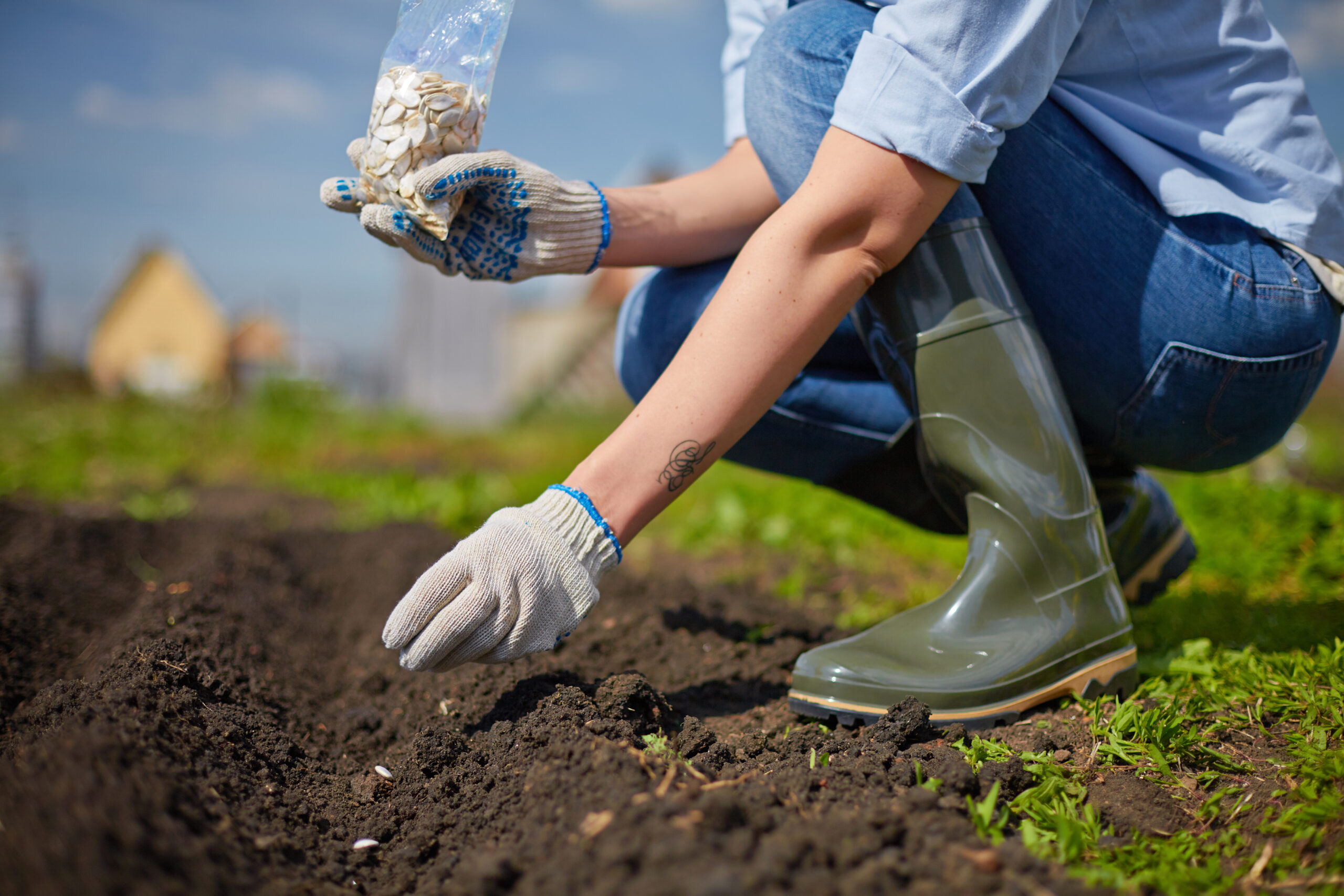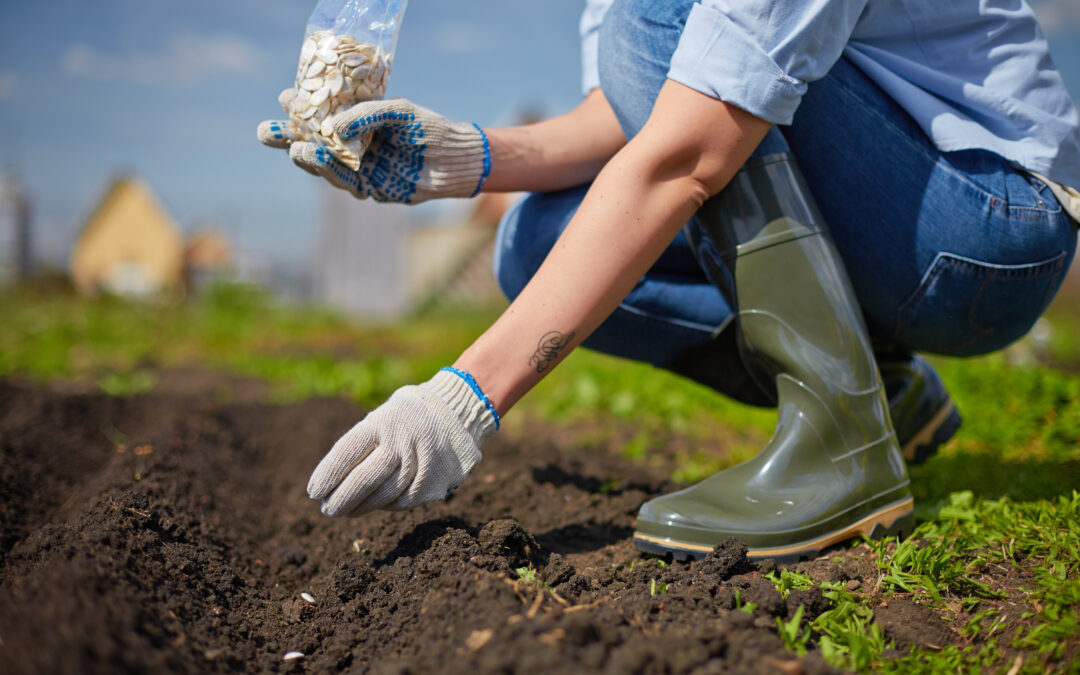Introduction to Homegrown Produce:
Growing your own produce is not only a great way to save money on groceries, but it also provides you with fresh and healthy food that has been grown without the use of pesticides or other chemicals. In this blog post, we will explore the benefits of homegrown produce and how to start growing it in your home garden.
The Benefits of Growing Your Own Food:
1. Freshness – When you grow your own produce, you can pick it right from the plant and eat it immediately for maximum freshness. This means that your fruits and vegetables are much tastier than those found at the store.
2. Nutrition – Home-grown produce contains more nutrients than commercially produced fruit and veggies because they are picked when ripe instead of being harvested early for transportation purposes.
3. Cost savings – Starting a home garden can be expensive initially, but once established, it can provide you with free produce year after year.
4. Environmental sustainability – By growing your own produce, you reduce the carbon footprint associated with shipping and transportation of commercial produce.
How to Start a Home Garden:
1. Choose the right location – Select an area that receives plenty of sunlight and has good drainage. If you don’t have space outside, consider starting an indoor herb garden.
2. Prepare the soil – Remove any debris or rocks from the area and add compost or manure to enrich the soil. You may need to adjust the pH level depending on what you plan to grow.
3. Plant seeds or seedlings – Seed packets usually contain information about spacing requirements and recommended planting depth. Water regularly and keep the soil moist but not overly wet.
Common Mistakes to Avoid When Starting a Home Garden:
1. Overwatering – Too much water can cause root rot and stunt growth. Make sure to follow recommended watering schedules based on weather conditions and plant type.
2. Not providing enough light – Plants require different amounts of light depending on their species. Ensure that you place plants in areas where they receive adequate exposure to natural light.

3. Neglecting maintenance – Regular pruning, weeding, and fertilizing are necessary to maintain a healthy garden. Failure to do so can lead to pest infestations and poor yields.
Conclusion:
In conclusion, there are many benefits to growing your own produce, including freshness, nutrition, cost savings, and environmental sustainability. With proper planning and care, anyone can start a successful home garden. So why wait? Get started today!





